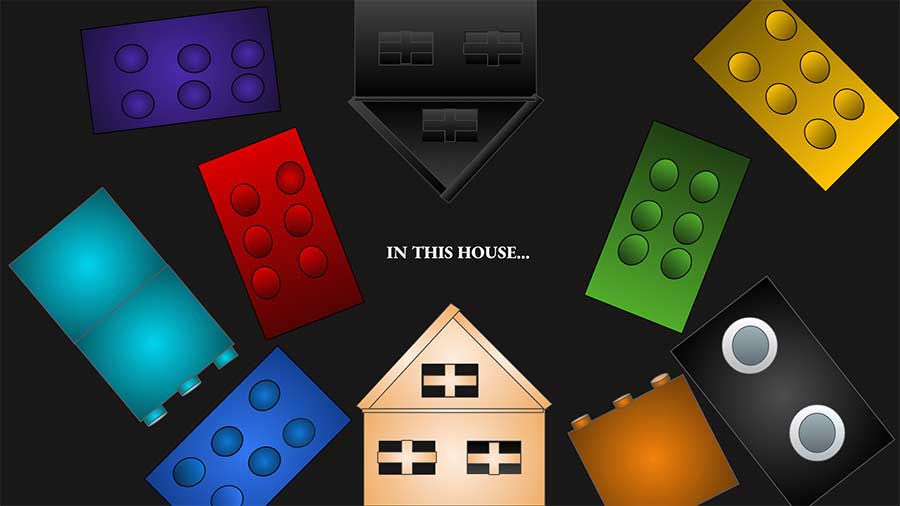Breaking down Trump’s Impeachment what’s next?

March 3, 2020
President Donald J. Trump was impeached by the House of Representatives early last December.
House Speaker Nancy Pelosi announced a formal opening of an impeachment inquiry on Sept. 24, citing what she called Trump’s “betrayal of his oath of office, of our national security and betrayal of integrity of our elections.” The full house, controlled by the Democrats, voted on Oct. 31. to authorize the inquiry to see if there was enough evidence for impeachment.
Impeachable offenses can include; treason, the crime of betraying one’s country; bribery, such as when an illegal, unethical gift is bestowed to influence, according to a CNN news report, Feb. 5.
A president can be charged with high crime, and misdemeanor as in covering up allegations of misconduct by officials such as perjury of oath, abuse of power, bribery, intimidation, misuse of assets or failure to supervise dereliction of abandoning duties.
“A successful impeachment can leave a black stain on (a president’s career). As a country, you become more divided.The people that voted for (Trump as president) might question him. Enemies (will) hate him,” world history teacher Christian Valdez said.
Last July in a call placed by President Trump to Ukraine President Zelensky who expressed his gratitude for U.S. military assistance. President Trump responded by asking President Zelensky to “do us a favor though” and openly pressed for Ukraine to investigate former Vice President Biden due to a 2016 conspiracy theory in about possible improprieties concerning Biden’s son. In return. President Zelensky assured President Trump that he would pursue the investigation and reiterated his interest in a White House meeting, as reported in the Trump Ukraine Impeachment Inquiry Report, for the U.S. House of Representatives, https://intelligence.house.gov/report/.
Trump asked Zelensky to investigate in order to discredit his Democratic political rival Joe Biden for Trump’s political gain, USA Today reported on Sept. 26, 2019.
“(Donald J. Trump was impeached) for a quid pro quo with the Ukrainian government for his (presidential) benefit,” Valdez said.
President Trump’s impeachment trial began with ill feelings as lawyers for the president and House members, known as impeachment managers, clashed in arguments over the rules that will govern the trial, New York Times reported in Day in impeachment: Senate Adopts Trial Rules on Jan.22.
The senate voted to acquit President Trump on two articles of impeachment Feb.5. The constitution requires a two-thirds supermajority and can convict removing a president from office.
What Trump’s impeachment all comes down to is he solicited foreign interference in the 2020 U.S. presidential election to help his re-election campaign against the Democrats, and then obstructed the inquiry itself by telling his administration officials to ignore subpoenas for documents and testimony because the Senate found Trump not guilty he remains as president and is running for re-election.


































